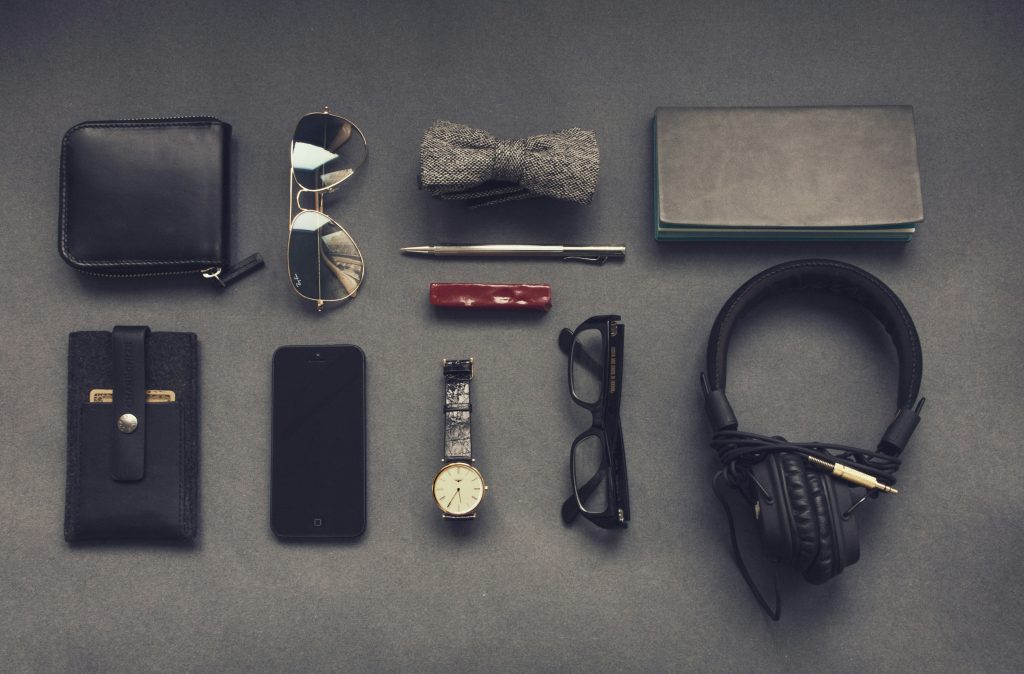Boys don’t cry.
Boys will be boys.
Don’t cry like a girl.
Be a man.
Real men don’t do that.
International Men’s Day falls on 19th November and one of the things it strives for is for men to be comfortable in all aspects of being a human. The focus is on bringing positive role models and raising awareness to men’s well being.
There were demands for an International Men’s Day (IMD) since the 1960’s, but it came to be celebrated on 19 November after Dr Jerome Teelucksingh a History lecturer at University of the West Indies in Trinidad, Tabago founded it. He chose the birthdate of his father as the IMD. Dr Teelucksingh says that IMD has six objectives, that include:
“Promotion of positive role models,
improving gender relations,
celebrating men’s positive contributions and
creating a safer, peaceful world”
According to Dr Teelucksingh, IMD’s main strength lies in its inclusiveness, where all men are considered equal. For him, ‘IMD is an ongoing movement (with men and women) to remove barriers and cross boundaries that create hate, mistrust and death.’ So, IMD is not only an opportunity to engage with men, but it helps men gain the confidence to engage with inclusion. For it speaks about men across age, race, gender, class and so on. What are some of the challenges to that?
To start with, Patriarchy. Patriarchy certainly benefits men, particularly those who stay within its idealised gender roles. Agreed, not all men benefit from it in the same way but cis-gendered, hetereo-sexual, elite and upper caste men, do get an upper hand in a gender unequal society. Although, Patriarchy creates gendered expectations for men and how masculinity should be. It defines masculinity in a limited way, allowing only gender prescribed roles that play out as toxic. The only emotion often associated with men and what society expects them to express readily is anger. Now, these are harmful not only for other genders but for men themselves. Men are not supposed to speak about their problems, and are told to ‘man up’ when they do. The expectation is that men don’t feel pain or (if they do) they aren’t expected to express their pain. Nearly three times as many men as women die by suicide in high-income countries.
Similarly, men face social conditioning barriers in both acknowledging and accessing seeking help for mental health. Hegemonic masculinities that idealise men as strong, self-reliant and healthy also subordinate men with mental illness as weak, inadequate and unmanly. The social and familial spaces, TV & media portrayals all also feed into the same stereotype. Where bravery is shown as man going silent, violent and not acknowledging any other emotion that could be the root cause, or probably asking for help in solving a concern.
How can these impact the workplace?
Workplaces are often extensions of our societal expectations and spaces, where men also face descriptive and prescriptive unconscious biases as well as microaggressions. For example, assuming men won’t need to spend time with their families, they may not have caregiving responsibilities, all men would be brash & competitive, men would drink & smoke and so on.
Some of the ways to check these biases is by acknowledging that men may need paternity leave, time off to spend with family, may have social responsibility for parents, friends, spouse, children, pets, voluntary roles, etc (things for which we readily assume women would take care for). Men may want to take a sabbatical, can have a gap year on their resume, and may have a high achieving partner – none of these should be a concern in defining someone’s work performance.
Despite the change in social understanding, studies show that men who request family leave face subtle discrimination and are less likely to be recommended for pay raises or promotions. One of the ways to challenge the taboos and bring a shift in the mindset, is by clubbing maternity and paternity leaves and perhaps terming them as parental leaves.
What can workplaces and colleagues do?
- Create spaces where inclusion is beyond numbers and is actually practiced. Where colleagues can feel respected without burdening them with gendered roles.
- Instead of asking uncomfortable questions, make sure you have facilities like paternity included in parental leaves, day care for children, sick leaves and a safe space where men too can open up without the fear of being judged.
- One of the ways we can create safe space is by making sure we don’t mock a male colleague if they confide in you about any experience of sexual harassment or being bullied.
- Make role models of men who challenge the notions of toxic masculinity in their own way. Men who are great at the various social roles and the ones who break away from the stereotypes that patriarchy binds them to.


